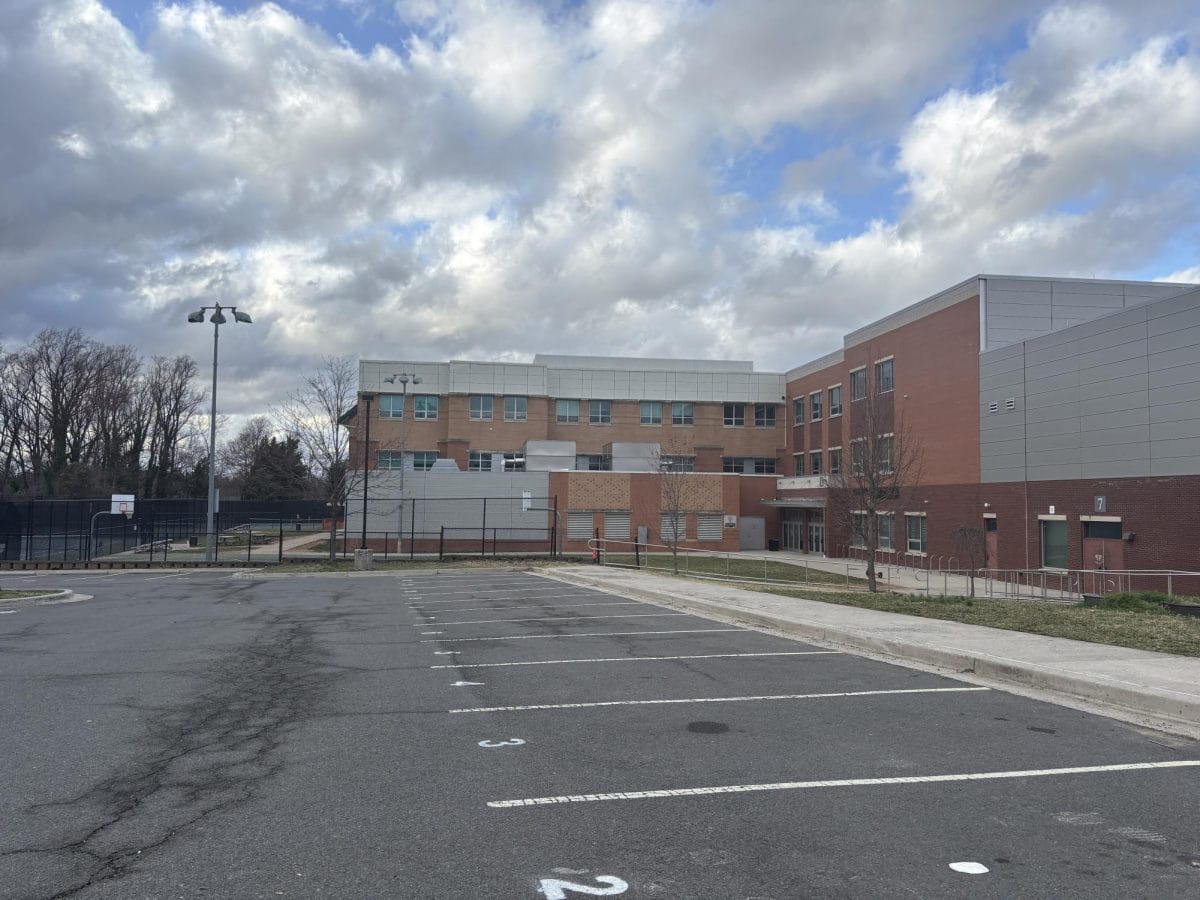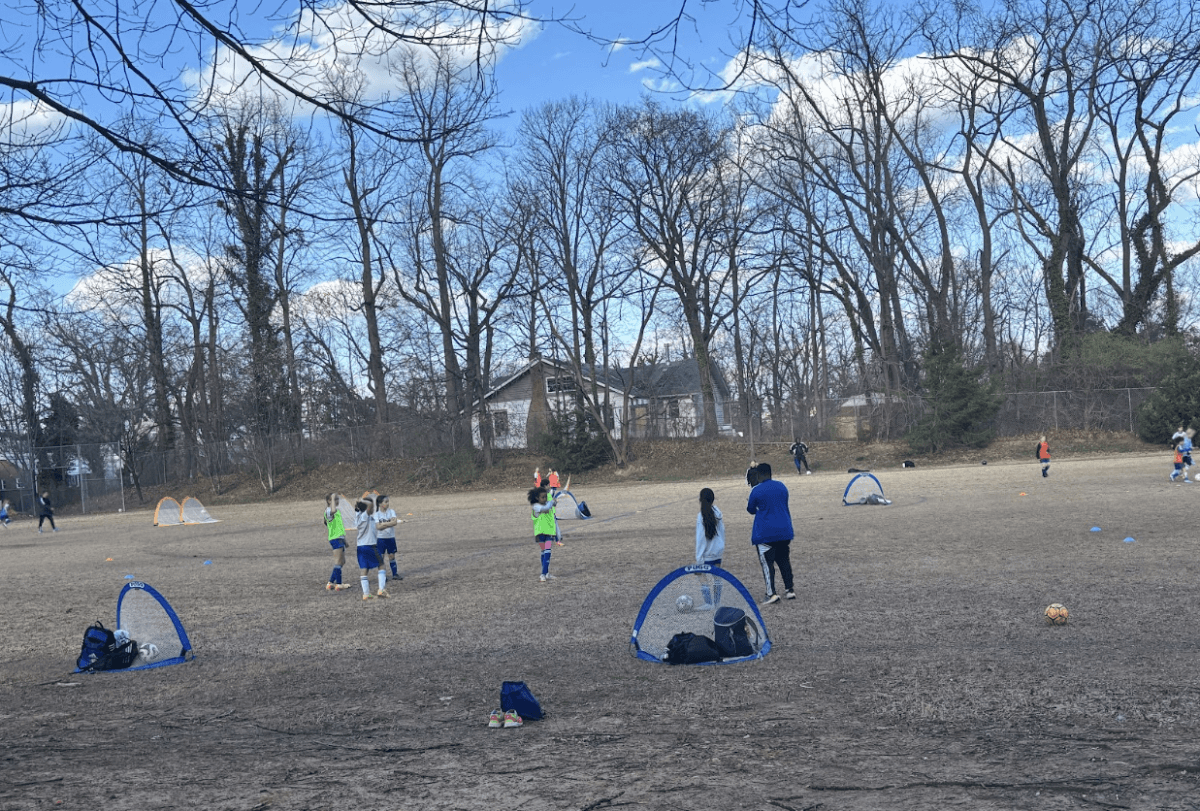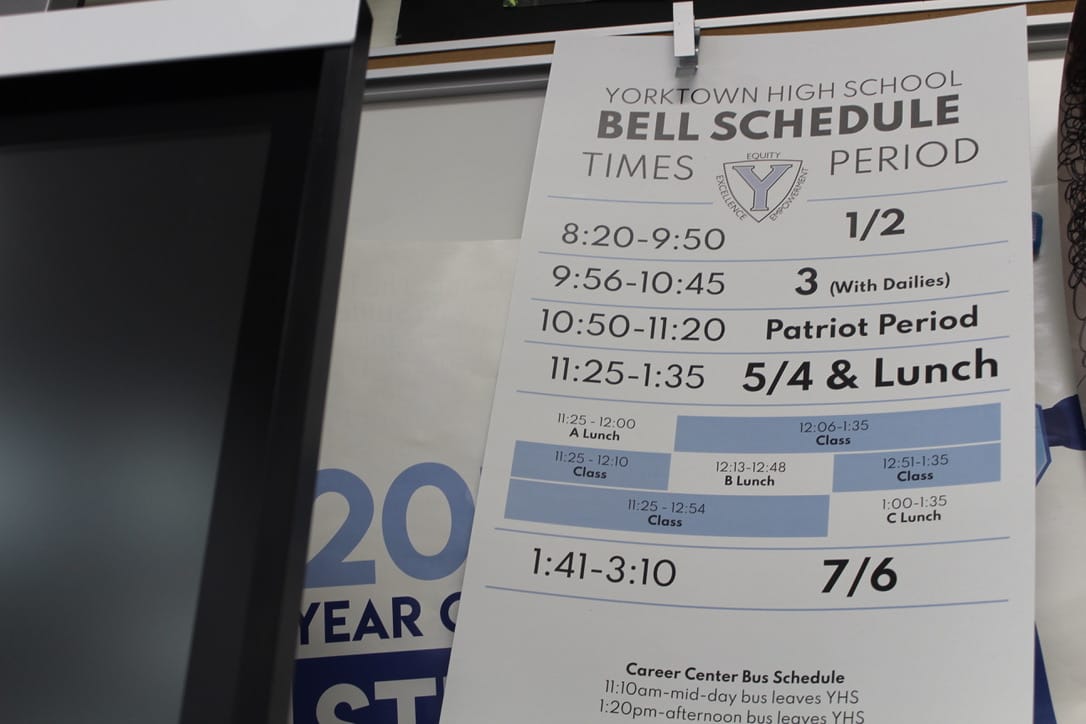The proceedings in the Senate chamber on the evening of Monday, October 26, while constitutional, marked an unforgivable ideological shift in the Supreme Court. The confirmation of Amy Coney Barrett, just days before this year’s highly controversial election, strains the legitimacy of the highest court in the nation and sacrifices the general interest of the public. The self-proclaimed “originalist” promises to upend any social progress that has been achieved in the past 50 years.
Barrett’s confirmation came just weeks after the tragic passing of Ruth Bader Ginsburg, one of the court’s most iconic and progressive justices to date. Political affiliations aside, Barrett’s appointment demonstrates a complete disregard for Ginsburg’s incomparable legacy. With less than three years of judiciary practice, Barrett is, by any objective measure, the least qualified Supreme Court justice nominee in at least 30 years. Ginsburg had over two decades of experience before climbing the ranks to the highest court. Moreover, the deceased justice’s dying wish was to “not be replaced until a new president is installed.” Barrett’s ascension to the bench following decades of Ginsburg’s influential reign is, quite frankly, a slap in the face.
While qualification cannot always be quantitatively measured, it is not only her lack of experience that is frightening. The newly appointed justice prides herself on being an “originalist,” meaning that she interprets the Constitution directly how the framers intended it in the 1780s. However, this version of the document assures the systematic oppression and subjugation of people of color and other minorities. This interpretation is dangerous in 21st-century America, as it disregards the modernization of the nation and the progress made to resolve systemic injustices created by the Constitution. To put it in perspective, Barrett, a mother of two black children, supports a document that views black people as ⅗ of their white counterparts.
Her interpretation of the law is similar to how she views the Constitution. Her knit-picky strategy in the courtroom, finding legal loopholes to further suppress marginalized individuals, demonstrates her skewed moral compass. In 2018, Barrett excused the repeated rape of a teenaged inmate by a prison guard. Her ruling overturned a million-dollar award for the impregnated victim, due to the failure of the prison to ban sexual assault in writing. This case is not an outlier. Her track record displays a consistency of depriving people of their basic liberties.
The tendency to exploit procedural technicalities reveals Barrett’s blatant lack of regard for minorities, immigrants, women and people of lower socioeconomic status. She has proven herself as a judge who cannot separate her personal beliefs from the courtroom. Barrett, a devout member of an extremist Catholic community, People of Praise, has faced criticism over the fact that her religious beliefs may influence her decisions on the court. These are concerning characteristics for someone who will soon have immense influence in the interpretation of the law.
It is clear that, in the most significant cases in the nation, she would swing the court in a direction that is only favorable for one demographic: white males. On immigration, she has insinuated that she supports the executive branch’s decision to deny visas to lawful immigrants without any necessary justification other than xenophobia. She has shown no interest in rectifying racial injustices, consistently ruling against black citizens without legitimate cause, such as in the case of Torry, et al v City of Chicago, in which she concluded officers were justified in the harassment of black men even without evidence of crime. Barrett has brought harsh rulings against everyone from prisoners to debtors to consumers. These decisions are very telling. It is likely that, as a justice, Barrett will be adamant about overturning cases that pertain to social progression the same way she did as a circuit judge.
Her misguided priorities, presented in past rulings, will undoubtedly transfer to new cases as a justice. Only 48 years of age, Barrett has the potential to be a justice for the next quarter of a century, influencing generations worth of the nation’s most contested issues. However, one of the most pertinent rulings she may sway is fast approaching. President Donald Trump has refused to agree to a “peaceful transition of power” in the case of an unfavorable result in the upcoming election. The outcome of the November 3 election has the potential to reach the Supreme Court. With Barrett as Trump’s pawn and two other Trump-appointed justices on the bench, the decision is likely to swing in the direction against popular opinion.
With upwards of 90 million ballots already cast before Tuesday, only about 48% of voters supported the nomination of Barrett, according to the National Review. However, Barrett was confirmed by 52 senators, whose opinions certainly do not represent the American people. She has built her career off of depriving marginalized individuals of basic liberties and solely upholding her personal prejudices. While Barrett has been appointed as a justice it is clear that her legacy will be one of injustice.











































